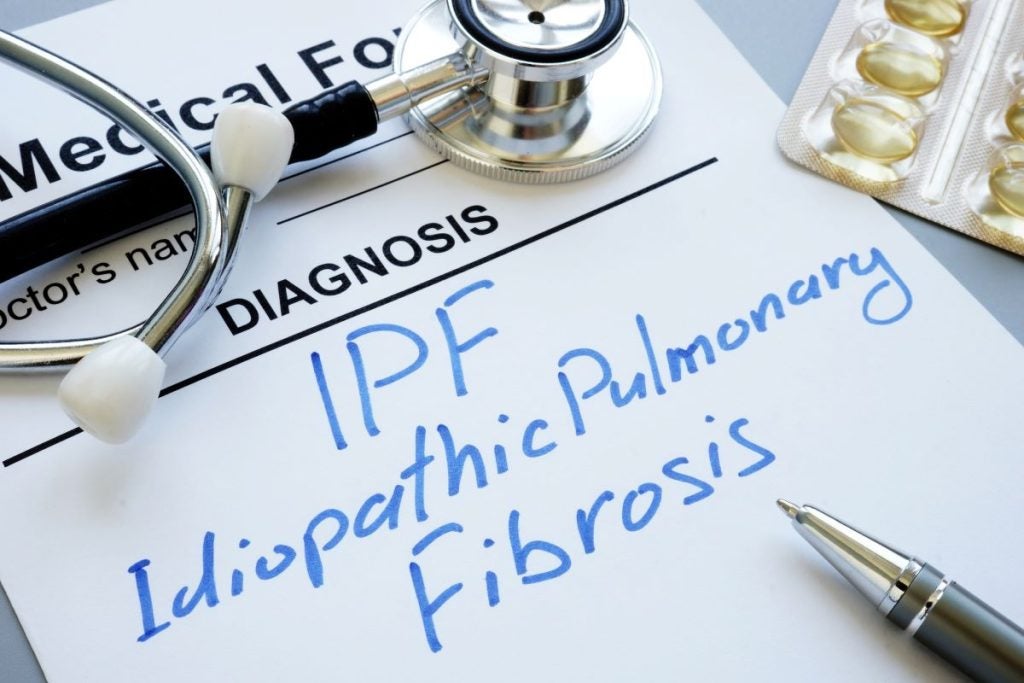Pliant Therapeutics continues to recruit patients for its Phase IIb study with idiopathic pulmonary fibrosis (IPF) drug bexotegrast, said CEO Dr. Bernard Coulie, in an interview with Pharmaceutical Technology.
Pliant is conducting the Phase IIb BEACON-IPF (NCT06097260) study for bexotegrast, following positive data from the Integris-PSC Phase IIa (NCT04480840) trial. Pliant predicts that the study might exceed recruitment goals, as the company is still in the enrolling patients for the trial. The study is taking place at approximately 150 centres across North America, Latin America and Europe thus far. The study’s ClinicalTrials.gov entry lists the enrollment target as 267 participants.
Bexotegrast is an oral, small molecule which acts by selectively inhibiting the αvβ6 and αvβ1 integrins. This reduces the speed of progression of fibrosis. The therapy is also being developed for the treatment of primary sclerosing cholangitis (PSC).
Coulie says the South San Francisco, California-headquartered company has been able to raise $523.6 million, which should sustain it through clinical trials until the second half of 2026. A portion of this was raised in the company’s upsized underwritten public offering in January 2023. The company is discussing plans for the next trial with US and European authorities with the goal of finalizing plans in 2024. Coulie predicted that a potential approval for bexotegrast could arrive in 2027 or 2028. He highlighted the importance of this due to the condition's “large unmet need.”
Pliant is one of several companies currently exploring the IPF space. Boehringer Ingelheim is investigating its novel investigational phosphodiesterase 4B (PDE4B) inhibitor, BI1015550, for the treatment of IPF and other progressive fibrosing interstitial lung diseases. Bristol-Myers Squibb’s admilparant is also currently in Phase II trials. Boehringer Ingelheim announced patient recruitment for its FIBRONEER IPF Phase III trial in October.
IPF is a condition in which scarring in the lungs leads to breathing difficulties. This often leads to symptoms such as shortness of breath, dry cough and tiredness. The US Food and Drug Administration (FDA) and the European Medicines Agency (EMA) has approved two therapies for the treatment of IPF: Roche's Esbriet (pirfenidone) and Boeringer Ingelheim's Ofev (nintedanib).









